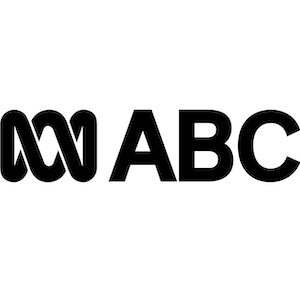Luca Belgiorno-Nettis | SMH Comment
Planning for human hives – our cities – could be strengthened by adopting the wise ways of bees.
When honeybees move their hive, scouts “waggle dance” to persuade the swarm of the merits of the new location.
“One of the popular misconceptions about honey bees is that they are ruled by a queen – or by even some more fanciful system,” says Tom Seeley, author of Honeybee Democracy.
When a beehive becomes overpopulated, a few hundred scout bees take off in all directions, searching for tree cavities. Each scout that discovers a promising site returns to the hive to announce her find by performing a waggle dance. The dance indicates both the location and the quality of the site. As the scouts report on their respective sites, other scouts inspect the site and, if considered a desirable dwelling place, they too perform a waggle dance.
“Bees are thoroughly honest advertisers,” Seeley says. “The better she judges the site, the longer she dances, and the more effective she is in recruiting other scouts to make their own forays to the spot. This means that, despite the competing information that scouts bring back to the swarm, eventually, usually over a day or two, enough scouts will agree on the best site to cause them to induce the rest of the swarm to fly there.”
Even though an individual bee is not particularly intelligent, the collective intelligence of the group produces impressive results.
Every year, faced with the life-or-death problem of choosing a new home, bees stake everything on a process that includes collective fact-finding, vigorous debate, and consensus building. It’s a democratic process which we humans might do well to emulate, not least when building our new hives.
When it comes to planning a city like Sydney, there are lots of waggle dancers but many are less than honest in the collective sense, as they promote their particular sectional (even if entirely legitimate) interests: the property developers, the environmentalists, the social housing advocates and so on.
Where is our equivalent of the “honest advertisers” – that group of scouts whose dancing engenders trust in the rest of us? Where is the implied (rather than imposed) power? Our parliaments are bear-pits; contested spaces of political expediency where too often partisan interests win out, where deals are done, electorates won. There is also a timing mismatch: planning is long term, politics not so. The Sydney Metro and the Epping to Parramatta Line are just two projects frustrated by political machinations.
Our traditional political framework struggles to build consensus around city building. I think we can learn from the bees, so let’s find our scouts, our honest advertisers.
For me they are among us: citizen jurors. Why? Because juries truly reflect the community and its aspirations; and have to live with the decisions. The recent experience in Melbourne is telling: the council embraced the recommendations of a 43-person jury for the city’s $4 billion, 10-year budget.
Citizen dancers can build cities – agreeing and promoting the merits of a new hive.
Luca Belgiorno-Nettis is the founder and director of the newDemocracy Foundation and managing director of Transfield Holdings.



